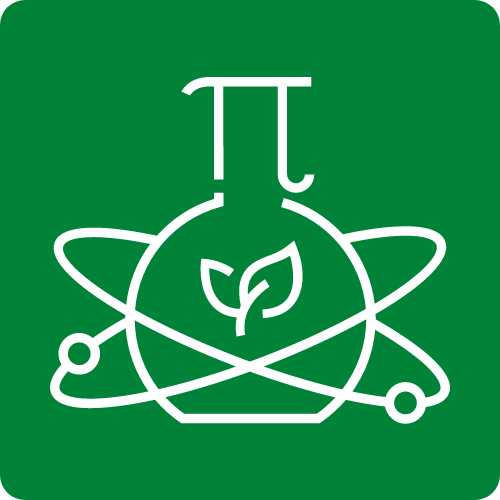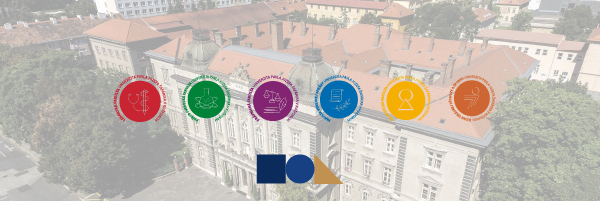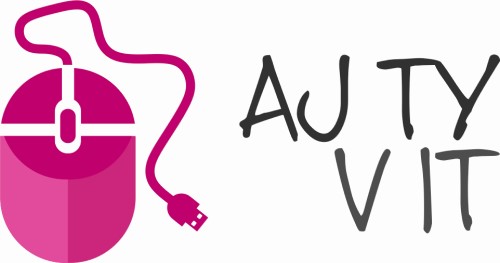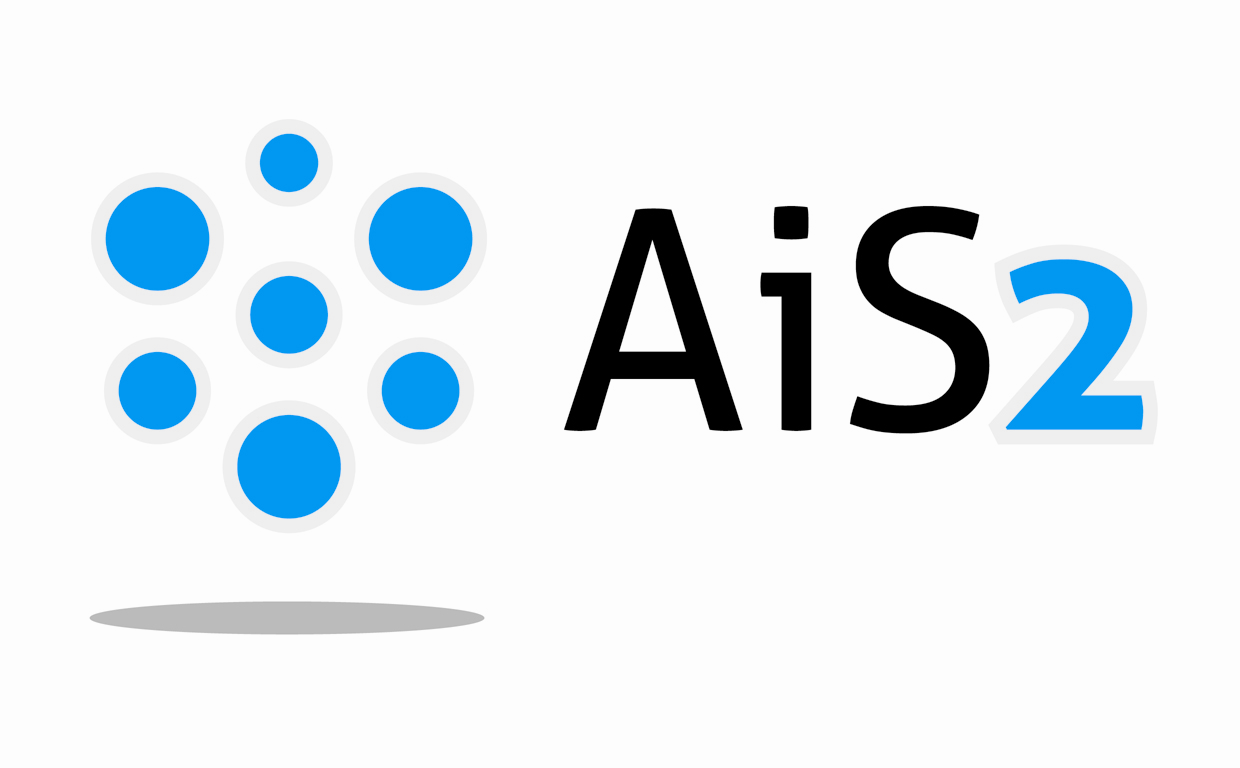The Nobel prize, the most prestigious scientific award is being given away every year for a significant or ground-breaking research, technical invention or for a contribution for the humankind in Physics, Chemistry, Medicine, literature or in fight for peace. These prizes are given away every year on the 10th of December, remembering the death of Alfred Nobel, one of the greatest scientists of the 19th century, who was also a businessman and inventor. On the 7th and 8th of February 2018 on the premises of the P.J.Šafárik University was held a meeting with the scientist of the Science faculty of the P.J.Šafárik University for the very first time. This meeting addressed and brought closer to the students and to high school teachers and also to the general public the Nobel prize winning topics in the fields of Physics, Chemistry, Physiology/Medicine.
The Nobel prizes were first given away in 1901. The names of the prize holders are being published every year in October. The ceremony is being held in Stockholm, on the 10th of December, on the day of the death of Alfred Nobel.
Nobel prizes for Physics in 2018
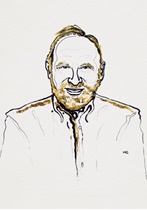
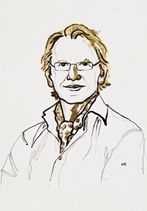
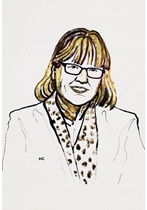
|
Arthur Ashkin |
Gérard Mourou |
Donna Strickland |
The groundbreakers in laser physics
RNDr. Gabriel Žoldák, PhD. / assoc. Prof. Mgr. Gregor Bánó, PhD.
Annotation: the Nobel prize in Physics was given to physicists Arthur Ashkin, Gerard Mourou and Donna Strickland for the contribution and inventions in the field of laser physics. The Swedish Royal Academy of Science decided to award two independent topics. The American physicist, Arthur Ashkin got the first half of the prize for the invention of the optical tweezers and their application to biological systems. Arthur Ashkin with his 96 years become the oldest Nobel prize laureate. The other half of the prize was given together to the French physicist, Gérard Mourou and to the Canadian physicist, Donna Strickland for the method of generating high-intensity, ultra-short laser pulses. In a form of a short lecture we present you the physical core of the awarded laser technics and based on own experience we will show the application of the optical tweezers in the field of mapping force effects in individual protein molecules, more precisely during the examination of the transport of medicines in cells.
Nobel prizes for Chemistry in 2018
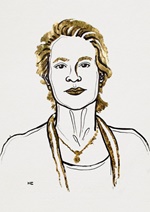

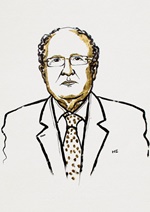
|
Frances H. Arnold |
George P. Smith Prize share: 1/3 |
Sir Gregory P. Winter |
Evolution in the test-tube
Assoc. Prof. RNDr. Erik Sedlák, PhD.
Annotation: the Nobel prize for Chemistry in 2018 was given to 3 scientists: Frances Arnold, George Smith, Gregory Winter for the development of evolution of proteins and for the application of evolutional techniques in development of the new attributes of enzymes. The half of the Nobel prize was given to the American engineer, Frances Arnold for the “directed evolution of enzymes” and the other half was given jointly to the American chemist, George Smith and to the English biochemist, Sir Gregory Winter for the “phage display for peptides and antibodies”. In the lecture I briefly introduce the principle of proteins in a test-tube during a couple of days. Based on own experience and also based on the results of other laboratories I will highlight their significance in the development of proteins/enzymes with defined attributes for basic and applied research.
Nobel prizes for Physiology/Medicine in 2018

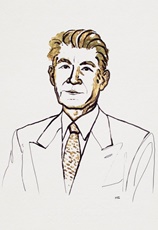
|
James P. Allison |
Tasuku Honjo |
Restart of the anti-tumor immunity – a new era in curing cancer
Annotation: the Nobel prize for Medicine in 2018 was given jointly to the American immunologist, James Allison and to the Japanese scientist, Tasuko Honjo, whose research opens new possibilities in fighting cancer. Both of them contributed to the introduction of a new, highly effective healing method, which is not aimed directly to the tumors, but the cells of our immune system, more precisely to T lymphocytes. The complexity of the regulative mechanisms in the immune system can affect tumors and they also enable to turn off some of their defensive functions. The scientists could identify the proteins (PD-1 and CTL-4), which function as molecular breaks of our immune system and find a way to loosen them with the aim of restarting the anti-tumor immunity. During a short lecture we will present the molecular core of the awarded therapeutic method and based also on own experience we will point out that, the non-functioning immune system can be restarted during oncological illnesses with the appropriate immune therapeutic method with the aim of boosting the immune supervision in the patient´s body.
